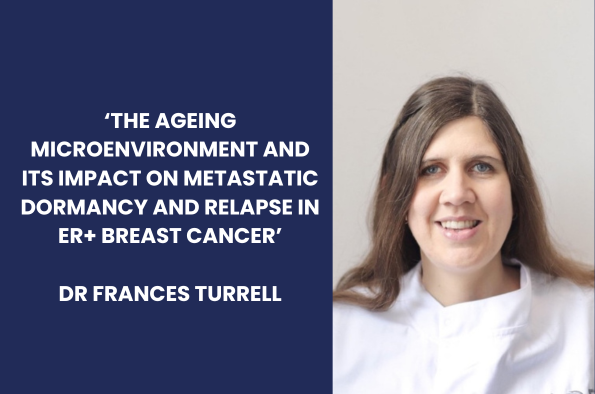
Dr Frances Turrell, University of Manchester
- ISMIB Seminar Team
- Admission: Free, no registration required.
Add this event to my calendar
Click on "Create a calendar file" and your browser will download a .ics file for this event.
Microsoft Outlook: Download the file, double-click it to open it in Outlook, then click on "Save & Close" to save it to your calendar. If that doesn't work go into Outlook, click on the File tab, then on Open & Export, then Open Calendar. Select your .ics file then click on "Save & Close".
Google Calendar: download the file, then go into your calendar. On the left where it says "Other calendars" click on the arrow icon and then click on Import calendar. Click on Browse and select the .ics file, then click on Import.
Apple Calendar: The file may open automatically with an option to save it to your calendar. If not, download the file, then you can either drag it to Calendar or import the file by going to File >Import > Import and choosing the .ics file.
Dr Frances Turrell is a Principal Investigator in the University of Manchester and Manchester Breast Centre. Frances did her PhD at the MRC Cancer Unit, University of Cambridge where she studied the impact of KRAS and TP53 mutations on disease progression and response to therapy in non-small cell lung cancer. After completing her PhD, she moved to the Institute of Cancer Research in London to do postdoctoral training in Professor Clare Isacke’s group. This is where Frances began her research into the microenvironmental regulation of breast cancer metastasis.
Frances started her group in Manchester at the beginning of 2024. Frances and her team are currently focussing on role of the microenvironment in dormancy and metastasis in oestrogen receptor-positive breast cancer. They are particularly interested in how the microenvironment at secondary sites changes with age and whether these age-associated changes impact the behaviour of the disseminated tumour cells.
All welcome.
